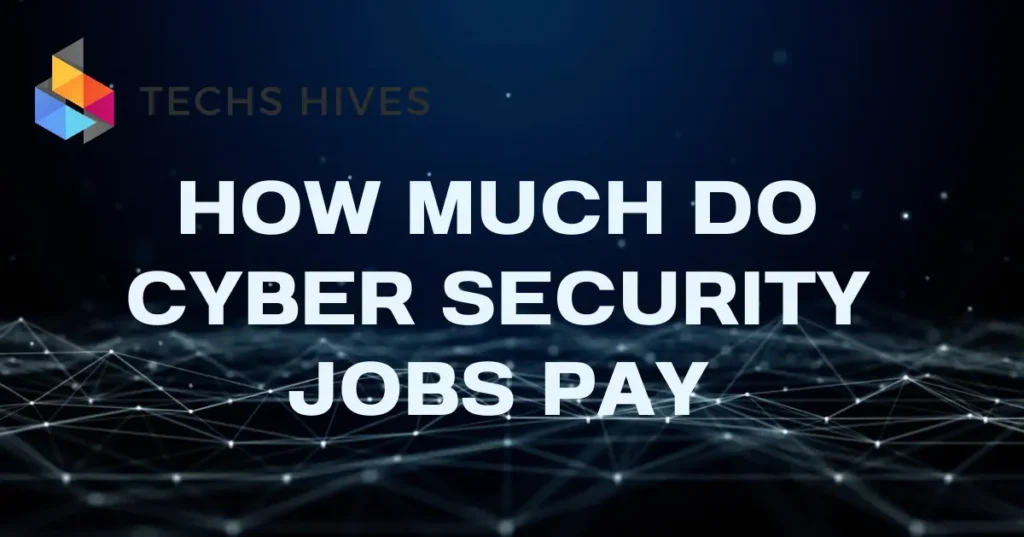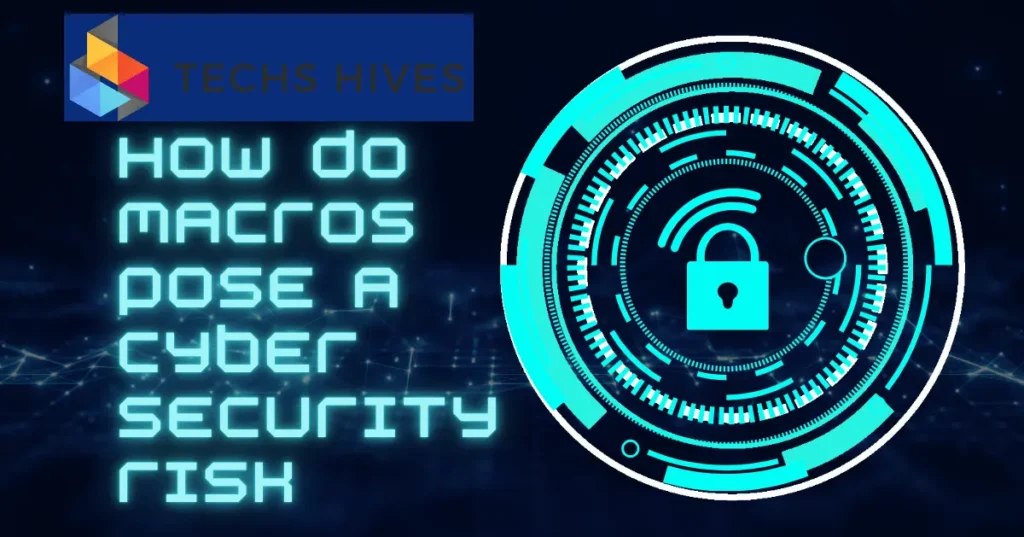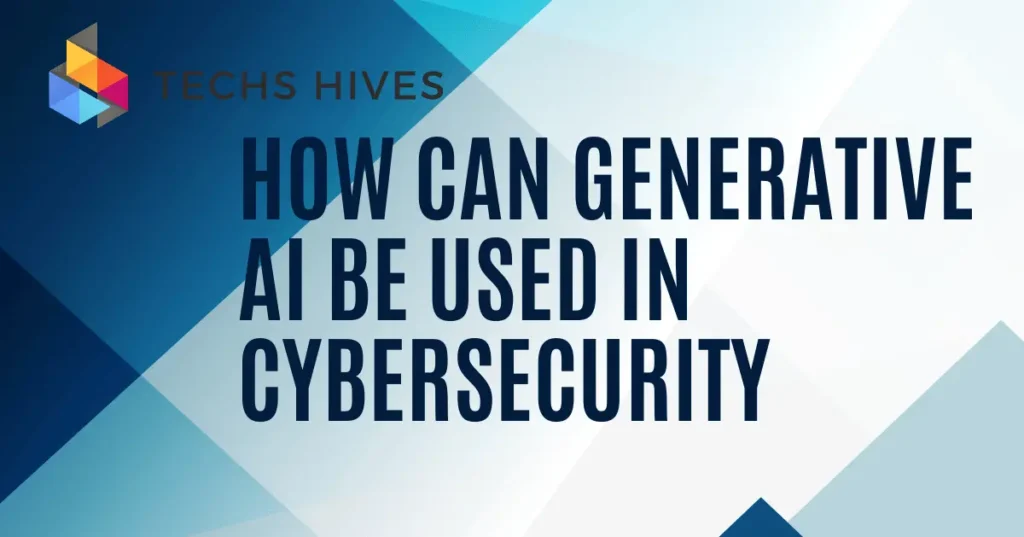Cyber security is the practice of protecting computers, networks, and data from theft or damage. It focuses on safeguarding information from hackers and other cyber threats. As technology grows, so do the risks. Cyber attacks can happen to anyone, from individuals to large organizations. This is why understanding cyber security is essential in today’s digital world.
Cyber security professionals play a vital role in keeping data safe. They develop strategies to protect systems and respond to threats. Their work helps prevent data breaches, which can lead to severe financial losses and damage to reputations. With more businesses moving online, the demand for skilled cyber security experts is high.
Table of Contents
Educational Pathways
There are several educational pathways to enter the field of cyber security. One option is to pursue a degree in a related field, such as computer science, information technology, or cyber security itself. These programs provide a strong foundation in essential concepts and skills. A bachelor’s degree is often preferred by employers, but an associate degree or a diploma can also be valuable.
Another pathway is obtaining certifications. Many organizations offer certifications that focus specifically on cyber security skills. Popular options include CompTIA Security+, Certified Ethical Hacker (CEH), and Certified Information Systems Security Professional (CISSP). These certifications demonstrate to employers that you possess the necessary knowledge and skills for the job.
Many online courses and bootcamps provide practical training in cyber security. These options are often more flexible and can help you gain hands-on experience quickly. Many courses also offer networking opportunities with industry professionals, which can be beneficial for job searching. Choosing the right educational path depends on your goals, resources, and time commitment.
Gaining Practical Experience
Gaining practical experience is essential for entering the field of cyber security. One way to do this is through internships. Many companies offer internships to students or recent graduates. These positions allow you to work alongside experienced professionals and learn about real-world cyber security challenges. Even unpaid internships can provide valuable experience and networking opportunities.
Another effective way to gain experience is by volunteering. Nonprofit organizations and community groups often need help with their cyber security needs. Offering your skills can provide hands-on experience while also helping those in need. Additionally, you can set up a home lab to practice your skills. This involves creating a safe environment where you can experiment with different tools and techniques.
Participating in online competitions, such as Capture the Flag (CTF) events, is another great way to enhance your skills. These competitions simulate real-world cyber security scenarios and allow you to apply your knowledge in a fun and challenging way.
Networking and Community Involvement
Joining Cyber Security Groups and Online Forums
Networking and community involvement are essential for building a successful career in cyber security. Joining cyber security groups and online forums can help you connect with professionals in the field. These platforms often share valuable information, job openings, and industry insights. Engaging in discussions and asking questions can enhance your knowledge and expand your network.
Attending Conferences and Meetups
Attending conferences, workshops, and meetups is another effective way to network. These events provide opportunities to meet experts and fellow enthusiasts face-to-face. Participating in talks or panel discussions can showcase your interests and help you establish your presence in the community. Many events also include job fairs, which can lead to potential job opportunities.
Volunteering and Hackathons
Volunteering for cyber security initiatives or participating in hackathons can further strengthen your connections. These experiences not only allow you to practice your skills but also introduce you to others who share your passion. Building a strong network in cyber security can open doors to job opportunities and mentorship, making it an important aspect of your career development.
Building a Strong Resume
Building a strong resume is crucial when applying for cyber security positions. Start by highlighting your relevant skills. Focus on both technical abilities, like knowledge of firewalls and network security, and soft skills, such as problem-solving and communication. Use clear and concise language to make your qualifications stand out.
Include any educational achievements, certifications, and practical experience you have gained. Even if you lack direct job experience, mentioning internships, volunteer work, or personal projects can show your commitment and capability. Use bullet points to list your accomplishments, making it easier for employers to read. Tailor your resume for each job application by matching your skills and experiences to the specific requirements mentioned in the job description.
Preparing for Job Applications
Preparing for job applications in cyber security starts with crafting a compelling cover letter. Your cover letter should complement your resume and highlight your passion for the field. Begin with a brief introduction that states the position you are applying for and why you are interested. Use specific examples from your experiences to showcase your skills. This personal touch can help you stand out to potential employers.
Utilizing effective job search strategies is crucial for finding opportunities. Explore job boards dedicated to tech and cyber security roles, such as LinkedIn, Indeed, and Glassdoor. Networking is also essential. Connect with professionals in the field and seek informational interviews or referrals. Many jobs are filled through personal connections, so leveraging your network can be beneficial.
Tailoring your applications for each position is important. Carefully read the job description to identify the key skills the employer is seeking. Adjust your resume and cover letter to reflect these requirements. Highlighting how your skills align with the company’s needs can increase your chances of getting noticed.
Getting out the Job Market
Getting into the job market for cyber security can be challenging, but exploring entry-level positions is a great start. Look for roles such as security analyst, IT support, or junior penetration tester. These positions provide valuable experience and a chance to learn from seasoned professionals. Even if the job isn’t your dream role, gaining relevant experience can help you build your resume and skills.
Networking plays a crucial role in finding job opportunities in cyber security. Attend industry events, join online forums, and connect with professionals on platforms like LinkedIn. Building relationships can lead to job referrals and insider information about openings. Don’t hesitate to reach out to people in the field and ask for advice or mentorship. Many professionals are willing to help newcomers.
Using job boards dedicated to tech and cyber security can help you find suitable job listings. Websites like Indeed, Glassdoor, and CyberSecJobs often feature positions specifically tailored for entry-level candidates. Set up alerts for new postings to stay updated. Additionally, consider visiting company websites directly, as they may list job openings before posting them on job boards.
Continuing Education and Growth
Staying Updated on Industry Trends
Continuing education and growth are vital for anyone pursuing a career in cyber security. The field is constantly evolving due to new technologies and emerging threats. Staying updated on industry trends helps you remain relevant and knowledgeable. Follow blogs, podcasts, and news outlets that focus on cyber security. Engaging with this content will keep you informed about the latest developments and best practices.
Pursuing Advanced Certifications
Pursuing advanced certifications can further enhance your skills and credibility. While entry-level certifications are essential, advanced options like Certified Information Security Manager (CISM) or Certified Information Systems Auditor (CISA) can open up higher-level opportunities. These certifications demonstrate your commitment to the field and your desire to deepen your expertise.
Participating in Workshops and Training
Participating in workshops and training sessions can provide hands-on experience and practical skills. Many organizations offer specialized training programs that cover various aspects of cyber security. These opportunities not only help you learn new techniques but also allow you to network with other professionals.
Continuing Lifelong Learning
Embracing lifelong learning is crucial in cyber security. As threats evolve, so must your skills and knowledge. Consider enrolling in online courses, attending webinars, or participating in industry conferences. By committing to continuous education, you can ensure your skills remain sharp and relevant, making you a valuable asset in the cyber security landscape.
Conclusion
Getting into cyber security without experience is challenging, but it’s possible. Start by building a strong foundation through education. Look for online courses, certifications, or degree programs that can teach you essential skills. Gain practical experience through internships, volunteer work, or personal projects. Networking with professionals in the field can also open doors and provide valuable insights.
As you apply for jobs, tailor your resume and cover letter to highlight your skills and passion for cyber security. Be open to entry-level positions, as they can lead to more advanced roles. Stay updated on industry trends and continue learning throughout your career.



